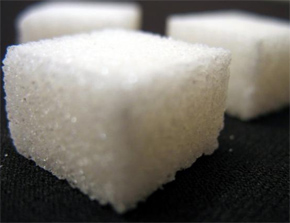
According to Michael Ristow of the University of Jena in Germany and the German Institute of Human Nutrition Potsdam-Rehbrucke, “In the US and Europe, added sugar accounts for 15-20% if daily calories and the breakdown of that sugar always generates glucose.”
“If the findings in worms hold for humans, it suggests that in health people, glucose may have negative effects on life span,” he added.
The findings may also throw a shadow of doubt on the prevailing treatments for type 2 diabetes, all of which are aimed at lowering blood levels of glucose by increasing the amount of sugar taken up by body tissues.
For this study, the team used a chemical that blocked the worm’s ability to process glucose in a treatment that extended their life span by up to 25%, which happens to be the equivalent of 15 years in human beings.
Unable to depend on glucose for energy, the worms ramped up the activity of cellular powerhouses known as mitochondria to fuel their bodies.
The mitochondrial activity led to the increased production of reactive oxygen species, sometimes referred to as free radicals. In turn, the worms’ defenses against oxidative stress increased.
However, antioxidants and vitamins given to some worms erased these benefits by neutralizing free radicals and preventing the body from generating the defenses.
“These latter findings tentatively suggest that the widespread use of antioxidants as human food supplements may exert undesirable effects,” said the researchers.
